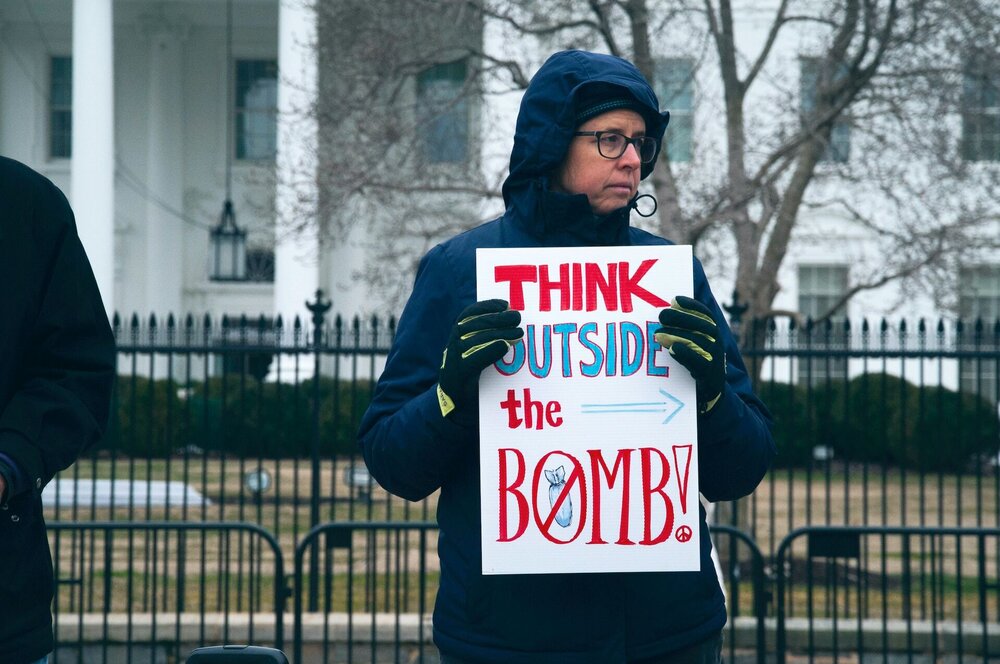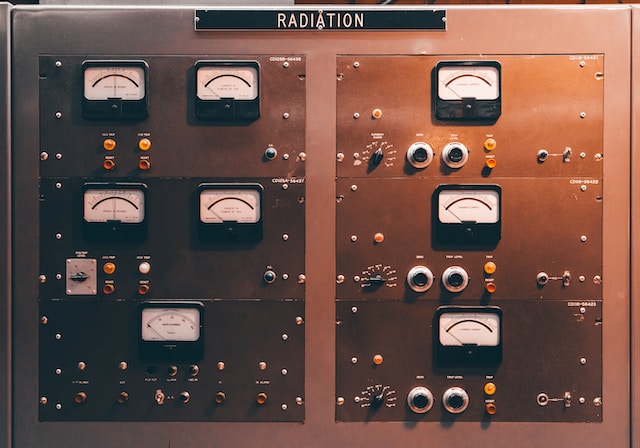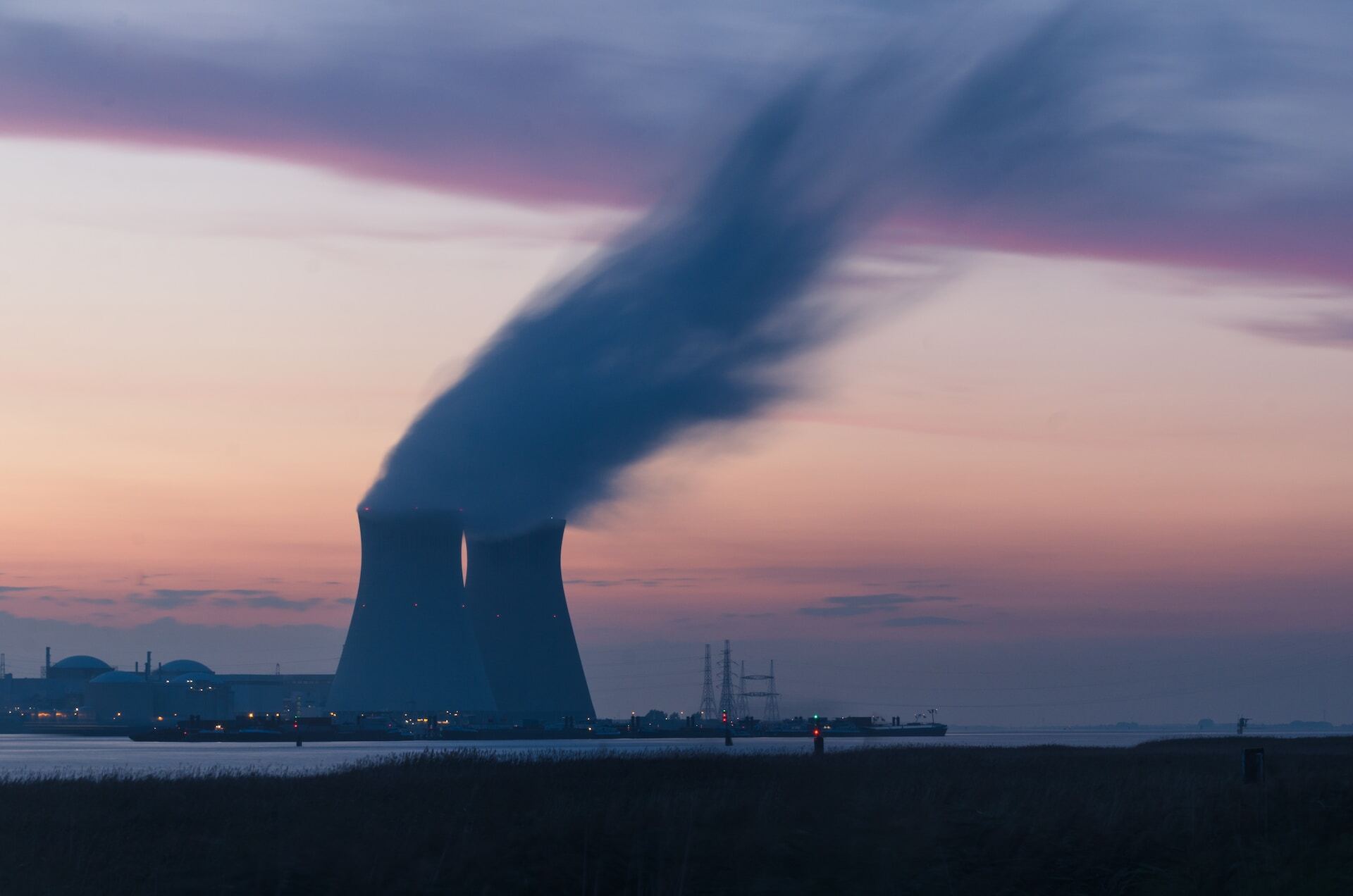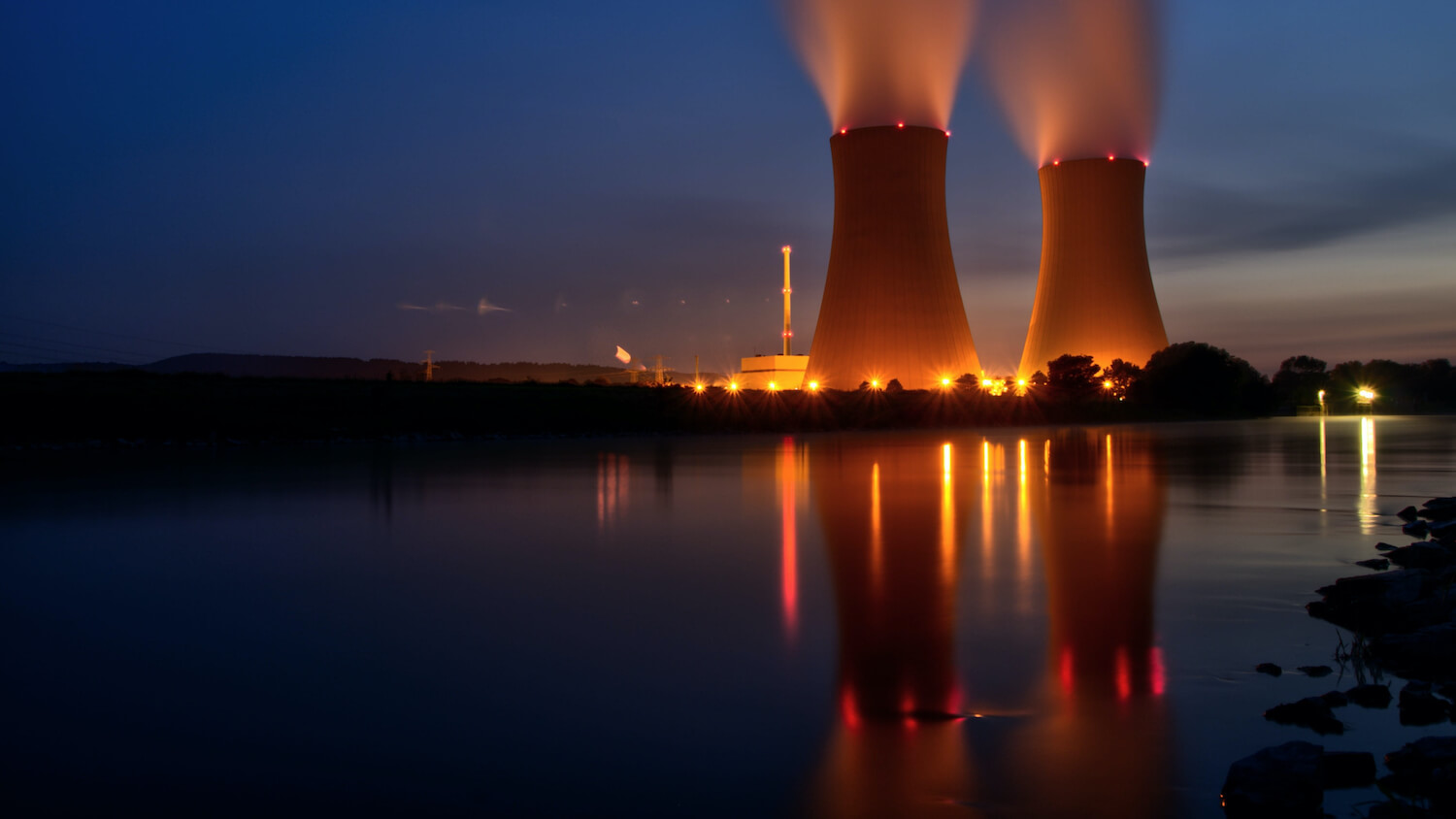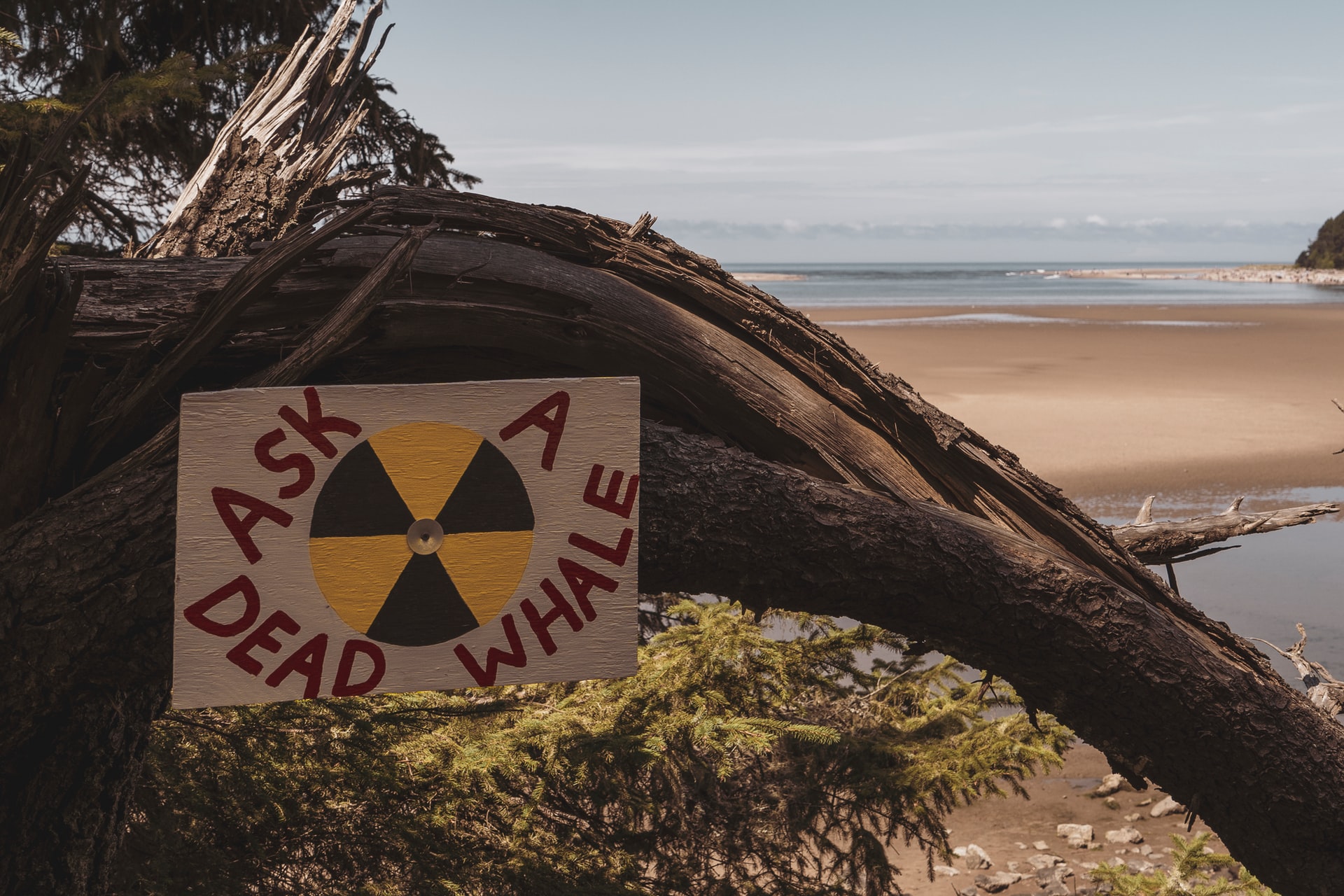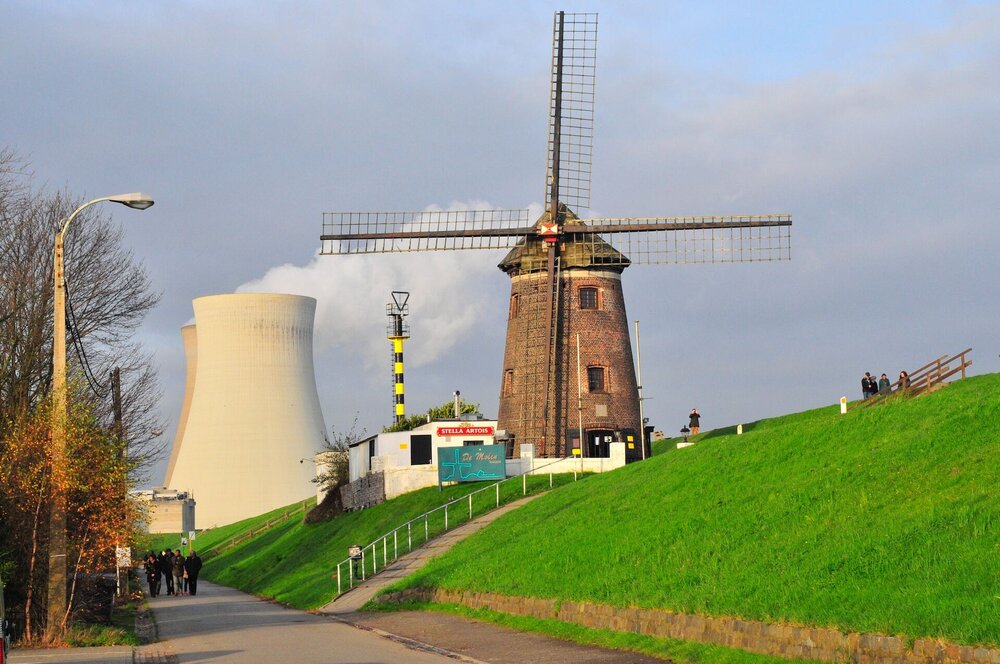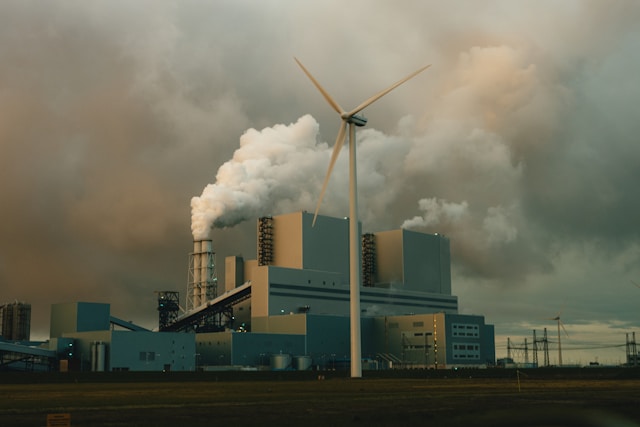
Why Is Coal Powering Georgia’s Data Centers?
Editor’s note: “A new report from Harvard’s Electricity Law Initiative says unless something changes, all U.S. consumers will pay billions of dollars to build new power plants to serve Big Tech. Data centers are forecast to account for up to 12% of all U.S. electricity demand by 2028. They currently use about 4% of all electricity. Historically, costs for new power plants, power lines and other infrastructure is paid for by all customers under the belief that everyone benefits from those investments. ...
